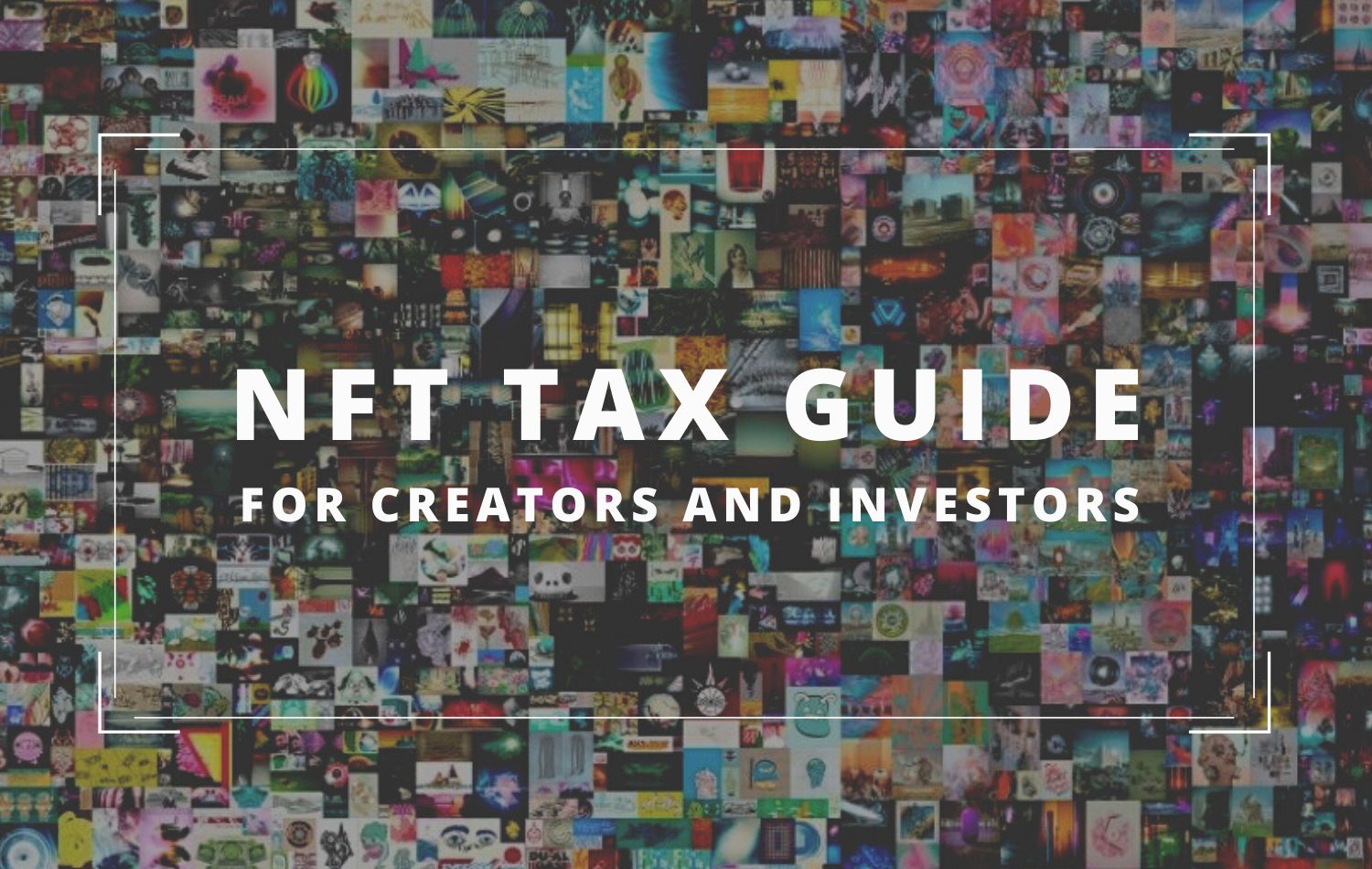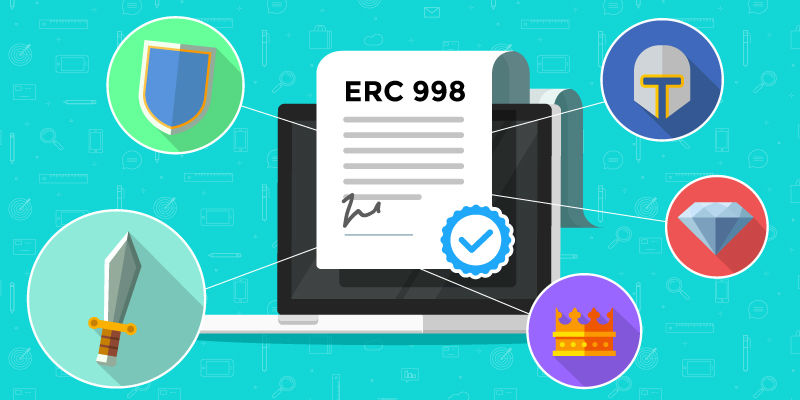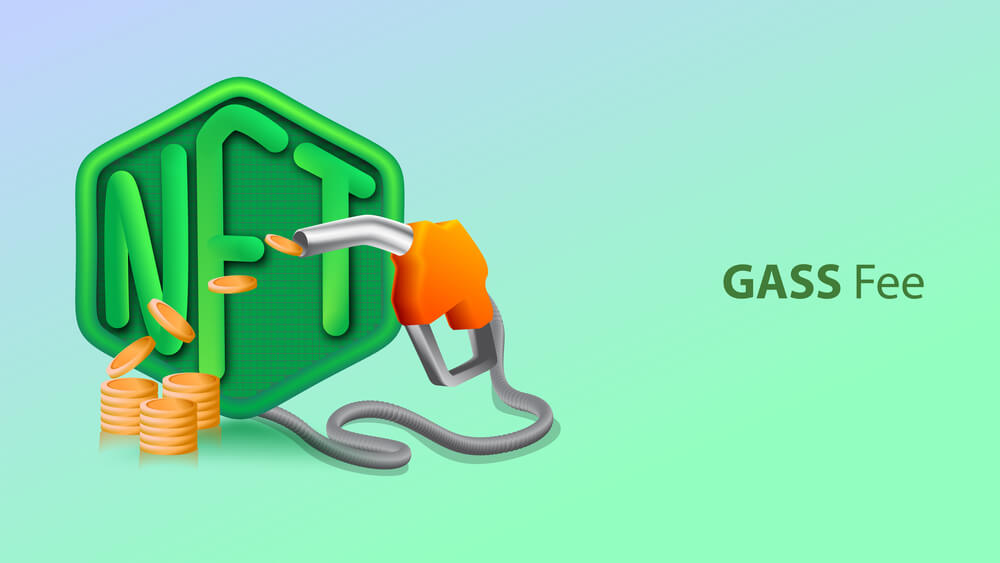Japan’s National Tax Agency (NTA) confirmed that it has updated its official nonfungible token (NFT) taxation guidelines. For instance, NTA will calculate the cumulative income of a citizen’s currency at the end of every year so that they will only need to pay taxes once. Officials now hope that the change will encourage the traders to pay NFT taxes on time, as their numbers are exploding every month.
The watchdog issued an update on how it plans to tax Japanese NFT traders from 2023.
Japan’s NTA: What You Need To Know
It is a massive week for Japanese NFT traders and investors as the nation’s National Tax Agency has updated its taxation rules and regulations. The main update is that NTA will now tax the citizens once, at the end of every year. The Agency will tax all of the income generated from NFT trading throughout the year.
Notably, Japan’s tax update might help in facilitating NFT taxation for both sides: the NTA will have a chance to track and evaluate income transactions easier while the NFT traders will know when and how to pay their taxes.
Japan’s National Tax Agency said:
“In-game currency (tokens) are frequently acquired and used, and it is complicated to evaluate each transaction.”

Each time a trader sells a nonfungible token, they will get taxed for their income. In the meantime, NFT creators will face consumption taxes for every NFT they develop and sell to another Japanese citizen.
More and more nations throughout the world are working on their taxation laws for digital asset trading.
How Are Other Nations Updating their NFT Taxation?
In 2022, most nations throughout the world began taxing nonfungible token transactions, and for good reason. In general, 4% of the United States population currently owns an NFT, and some pieces sold for more than $60 million. In such a scenario, the state officials felt that they needed to intervene in one way or the other.
For example, the American tax collection agency IRS has already included NFTs in its list of tax codes in October 2022. Nonetheless, there is still lots of debate going on, as nobody can say whether NFTs should be labeled as ‘collectibles’ or commodities’.
In the meantime, the European Union (EU) is still working through the details of how NFTs should Get Taxed. Either way, one thing is for sure: we need to all keep a close eye on updates like Japan’s tax regulation to determine the future of the sector.





